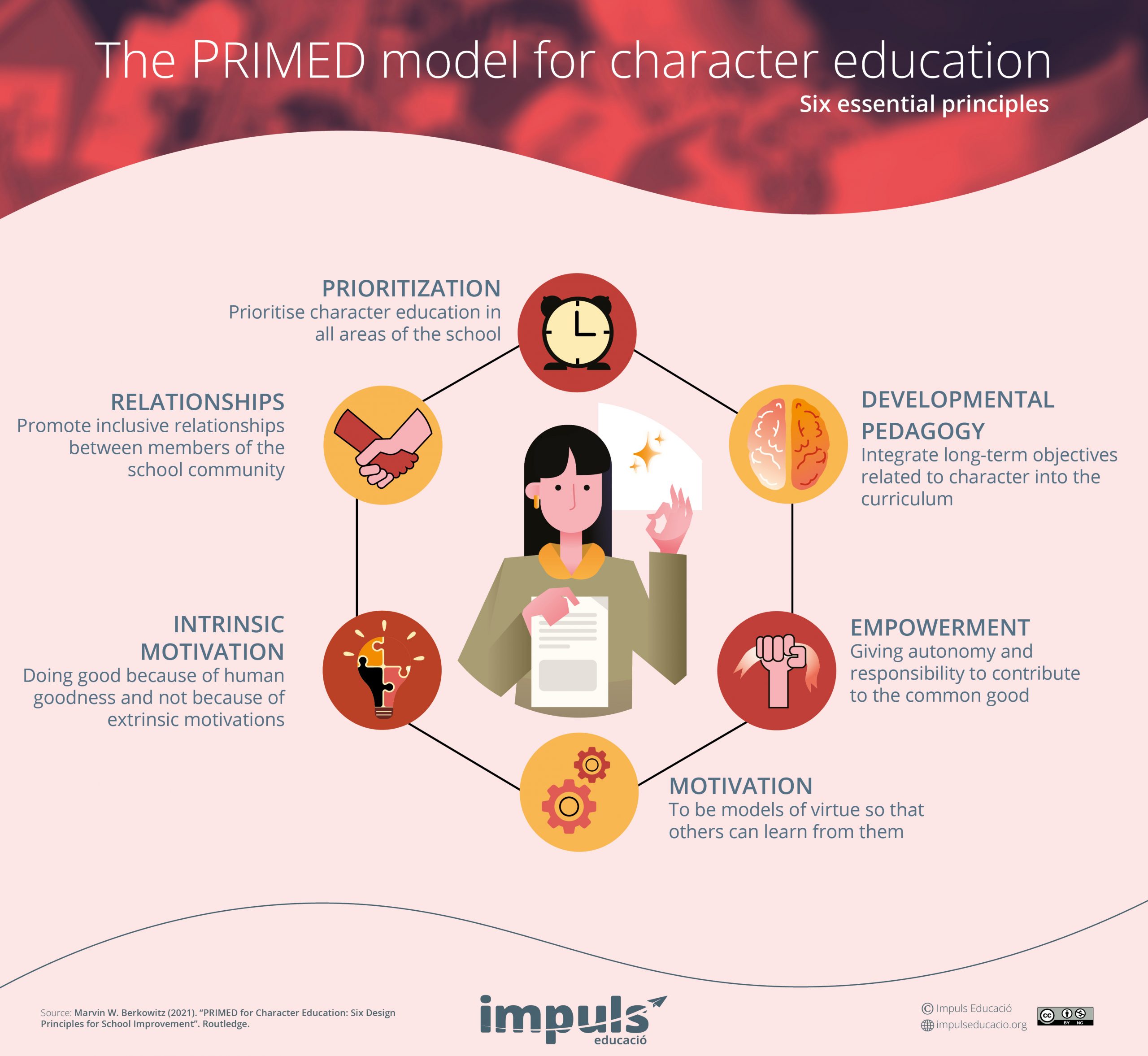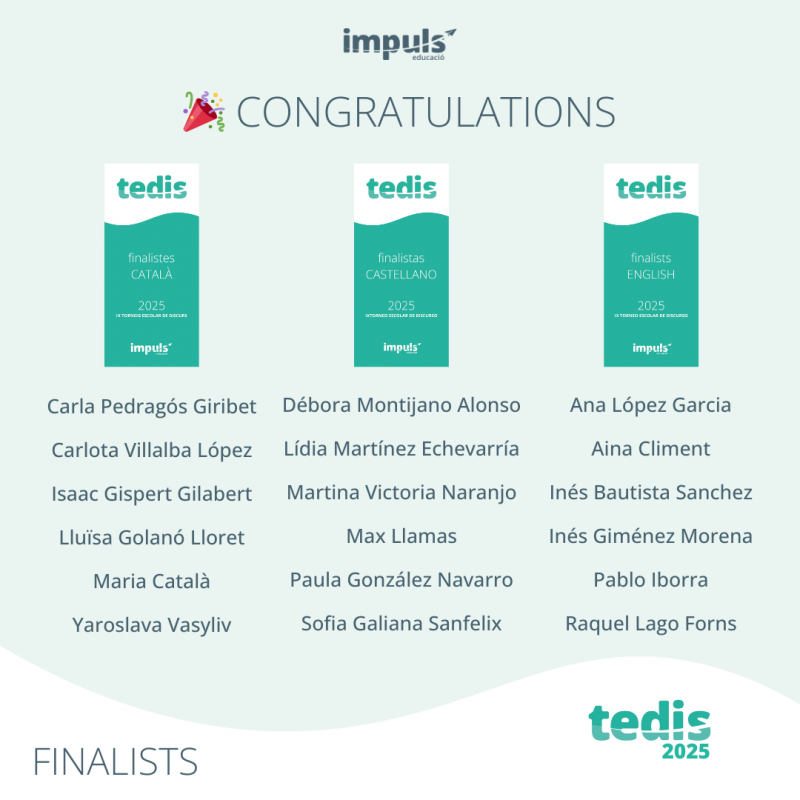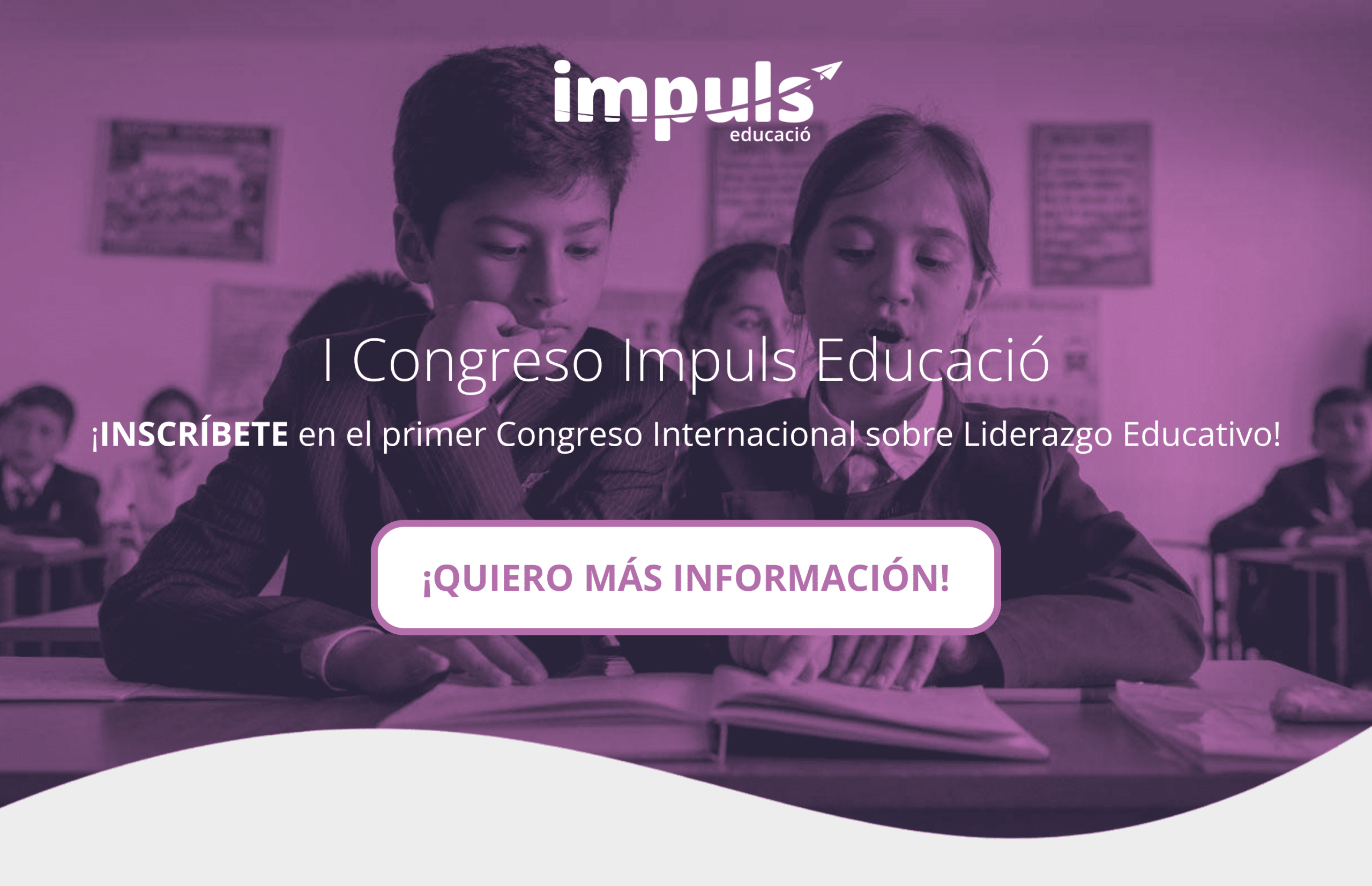by Ana Moreno Salvo

Marvin W. Berkowitz is a leading scholar specialising in character education and development. He holds the Sanford N. McDonnell Chair in Character Education and is Co-Director of the Center for Character and Citizenship at the University of Missouri-St. Louis. He earned a PhD in Developmental Psychology in 1977 and has since published extensively, including works such as “Parenting for Good” (Character Development Group, 2005) and “PRIMED for Character Education ” (Routledge, 2021).
Interview with Marvin W. Berkowitz
In your book “PRIMED”, you outline an educational model aimed at improving schools. Can you tell us about its origin and purpose?
With my colleague Melinda Bier, and we discovered six design principles for promoting positive character in young people. For the past few years, I have been researching how to achieve the optimal, positive development of students in schools.
What do you mean by the spirit of ‘Tikkun Olam’?
My motivation for this work comes from my Jewish heritage and the concept of ‘Tikkun Olam’, which means ‘healing the world’. I believe that each person has a responsibility to add value to the world and improve the problems that exist.
Each person has a responsibility to add value to the world and improve the problems that exist

My research has focused on the influence of parents and schools on children’s development. I believe that promoting positive character and morality in young people is fundamental to bring about positive change in society.
Could you clarify what you mean by nurturing the flourishing of human goodness and what this has to do with character education? What does this kind of education offer? Is it applicable in any culture?
Character education is based on understanding children from an organic rather than a mechanical perspective. The goal is not just to convey knowledge but to nurture and guide the development of children as complex, organic entities. The aim is for them to flourish, especially in terms of human goodness. We seek to foster ethical and moral goodness, values and virtues in people.

We seek to foster ethical and moral goodness by cultivating in people the values and virtues for a more humane society
The PRIMED model proposes six principles that scientific evidence identifies as important for effective human education. Is there one you consider more important than the others? What kind of school leadership does it require?
Six major design principles have been condensed into the PRIMED model: Prioritisation, Relationships, Intrinsic Motivation, Modelling, Empowerment and Developmental Pedagogy. The P of PRIMED is the most important because it means prioritising character education in general.

Infographic. “The PRIMED model for character education”. Impuls Educació
Leadership is critical, as a great school leader is essential to the success of character education. In other words, servant leadership, understanding and prioritising character education and developing personal strengths are fundamental to the effective implementation of character education.
Leadership is critical, as a great school leader is essential to the success of character education

Could you tell us about the role of relationships in educating in human kindness and several good practices?
Relationships are essential in both school and character development. However, often those who need these relationships the most do not get them. It is therefore necessary to build inclusive relational structures at schools to ensure that all members of the school community are included.

There is a need to create relational structures that include all members of the school community
Some ways of fostering inclusive relationships include establishing cross-grade buddies in primary school; in secondary school, it is best to have advisories of different ages rather than just one in particular. It is also suggested that adults who do not usually lead class.
What role does intrinsic motivation play in students’ character development? How can it be fostered at school?
It is important that the children internalise character concepts so they become caring, responsible and fair. Extrinsic motivators do not achieve this goal. Instead, the authentic value of character strengths should be emphasised, and adults at school should be honest, kind role models. Instead of giving public rewards, children should be praised in private to acknowledge their good behaviour and contribution to the school. In this way, they will be intrinsically motivated, acting for who they are and what they value rather than seeking external rewards.
In what sense is PRIMED a guide to personal transformation? Could you tell us about the pedagogy of modelling?
There are three steps to the optimal implementation of this work. The first step is to have a committed, knowledgeable leader with the right personal and professional skills. The second step is for the leader to work with the adults responsible for the children. The third step is to motivate the adults to be role models for the children by being the change they want to see in them.
Why is it so important to educate through autonomy and freedom? Can you suggest good practices?
For a democracy to work, people have to feel compelled to participate and work for the common good. This is achieved by turning schools and classrooms into laboratories of democracy, as John Dewey taught us.
Could you suggest some pedagogies geared towards the development of human goodness?
One form of peer interactive pedagogy is cooperative learning, where students work together. Peer tutoring is also considered a form of peer interactive pedagogy. Another methodology is project-based learning (PBL), where students carry out group projects.
One form of peer interactive pedagogy is cooperative learning, where students work together

These interactive peer-to-peer pedagogies are beneficial for not only academic learning but also students’ character development. t is also valuable for teachers to receive constructive feedback from students to improve their teaching.
Can you tell us a success story in which the PRIMED model was implemented?
We initially focused on working with leadership teams from 11 elite private bilingual schools. We are now extending our activities to public schools and have recently worked with a school in Medellín. We are working with six struggling public secondary schools in Jalisco, Mexico. In Pamplona, Spain, we have been training a group led by Juan Pablo Dabdoub and gotten very positive testimonials. In addition, we have been implementing this model in Taiwan for ten years and are starting a new project in Singapore. We also have projects in Central America and São Paulo, Brazil.








